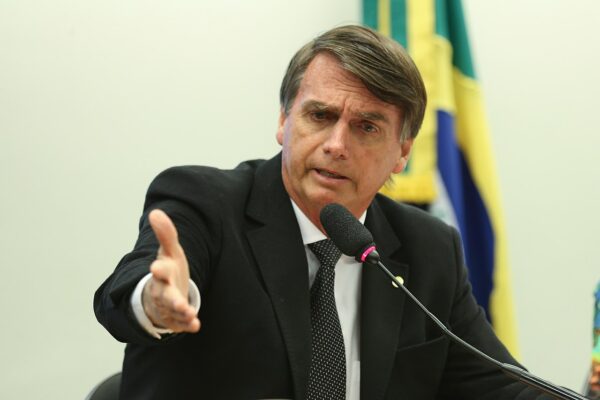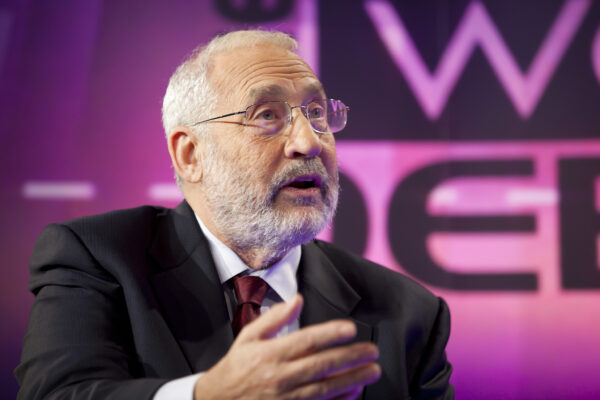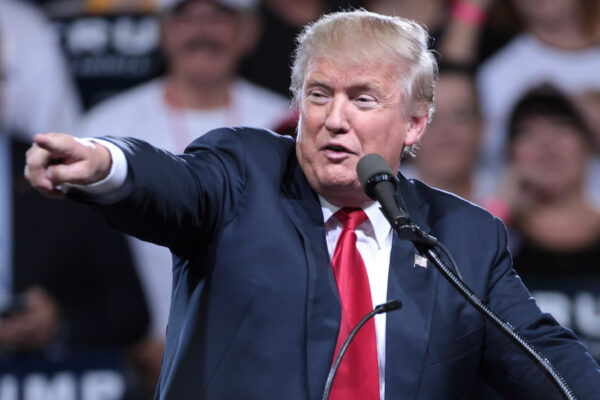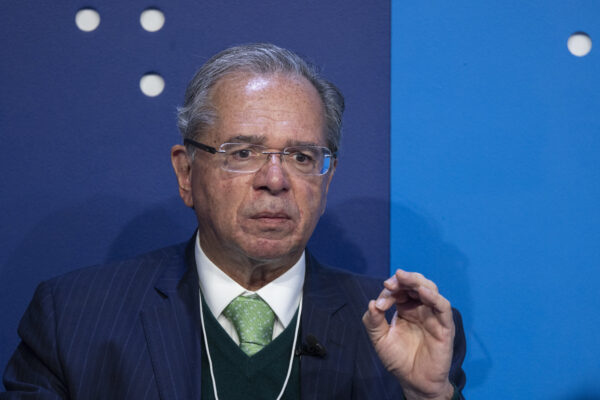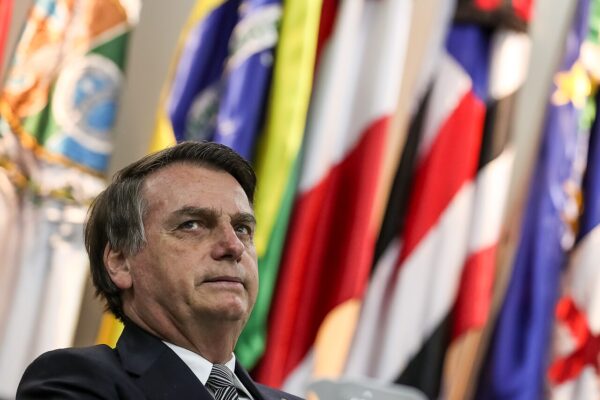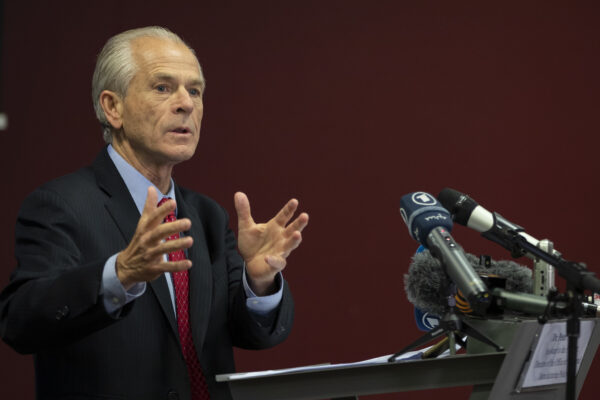Expanding the Legacy
The Great American Economy
Each year in spring, American families spread out impulse buys and other paraphernalia on their front lawn in a ritual known as the garage sale. Neighbours peruse each other’s wares and usually buy as much as they sell. The goods so acquired are stored in the garage which, in the...
Argentina Turns to Eccentric Outlier
A far-right libertarian candidate with credentials that elsewhere would make presidential hopefuls blush has burst out of nowhere to claim centre stage in Argentina. Javier Milei (52), a self-described ‘anarcho-capitalist’, wants to shutter the country’s inept central bank, replace the long-suffering peso with the US dollar, abolish all but a...
President Bolsonaro Keeps Spending
Army generals are a mostly pliant lot. To reach to the top of the military chain of command it is advisable to follow orders from above without asking too many questions. This helps explain why presidents in Latin America prefer to entrust the running of state-owned enterprises to retired generals...
Investor Confidence Soars
FOMO is firmly in charge of the US stock market: the Fear of Missing Out has nearly all classes of investors – from retail to institutional – pouring vast volumes of cash into stocks. Excitement reaches new heights during the current earnings season with S&P 500 companies reporting an average...
Trump and Biden Clash on TV
In the US, the number of covid-19 deaths has rushed past 200,000 whilst worldwide more than one million people succumbed to the disease. As the second wave of the Corona Pandemic gathers pace, it remains eerily quiet on the vaccine front. However, warnings abound that the virus may roam freely...
Mexico Finance Minister Carlos Urzúa: Safe Choice
Mexican Finance minister Carlos Urzúa is not impressed, or indeed intimidated, by the recent surprise change in the outlook of the country’s sovereign credit rating from stable to negative: “This does not constitute a downgrade. The move should therefore be taken with a pinch of salt.”
Seeking to Leave a Mark
To reach the millions of Mexicans ignored by the country’s banking system, the administration of President Andrés Manuel López Obrador in March rolled out a pilot version of a mobile digital payment system that anyone may access free of charge. It facilitates the transfer of funds between users and the payment of bills.
Paulo Guedes: Time for Resolve
Brazil’s all-powerful economy minister Paulo Guedes (69) looks south for inspiration. He has long mulled a Pinochet-style approach to economic management. Mr Guedes is determined to introduce a set of contemporary monetarist policies similar to those that, he says, saved Chile from bankruptcy some forty-odd years ago after a disastrous flirt with socialism – not quite unlike Brazil’s own dalliance with leftist policies.
President Bolsonaro Seeks Early Victory
In Brazil, spending on pensions absorbs fully one third of federal tax revenue. For close to forty years, successive presidents have promised, and failed, to reform the country’s complex pension system which, it is often noted, combines welfare state generosity with pioneer market funding and represents a resilient leftover from the corporatist development model pursued from the late 1960s to the mid-1990s.
Crackpot at the Helm
The established wisdom, first formulated and then imposed by the United States, says that trade encourages nations to maintain peace. In the decades following the end of World War II, the US erected a new world order based on the premise that cross border trade creates common interests which conspire...
Just Released

Africa AI Brazil Business Chile China Climate Corona Davos Debt Development Diplomacy Donald Trump Economy Elections Energy EU Europe Federal Reserve Finance France Germany HiFi History IMF Kamala Harris Military Monetary policy NATO Philosophy Politics Putin Russia Schwab Society South Africa Technology Trade Trump UK Ukraine UN US War WEF


